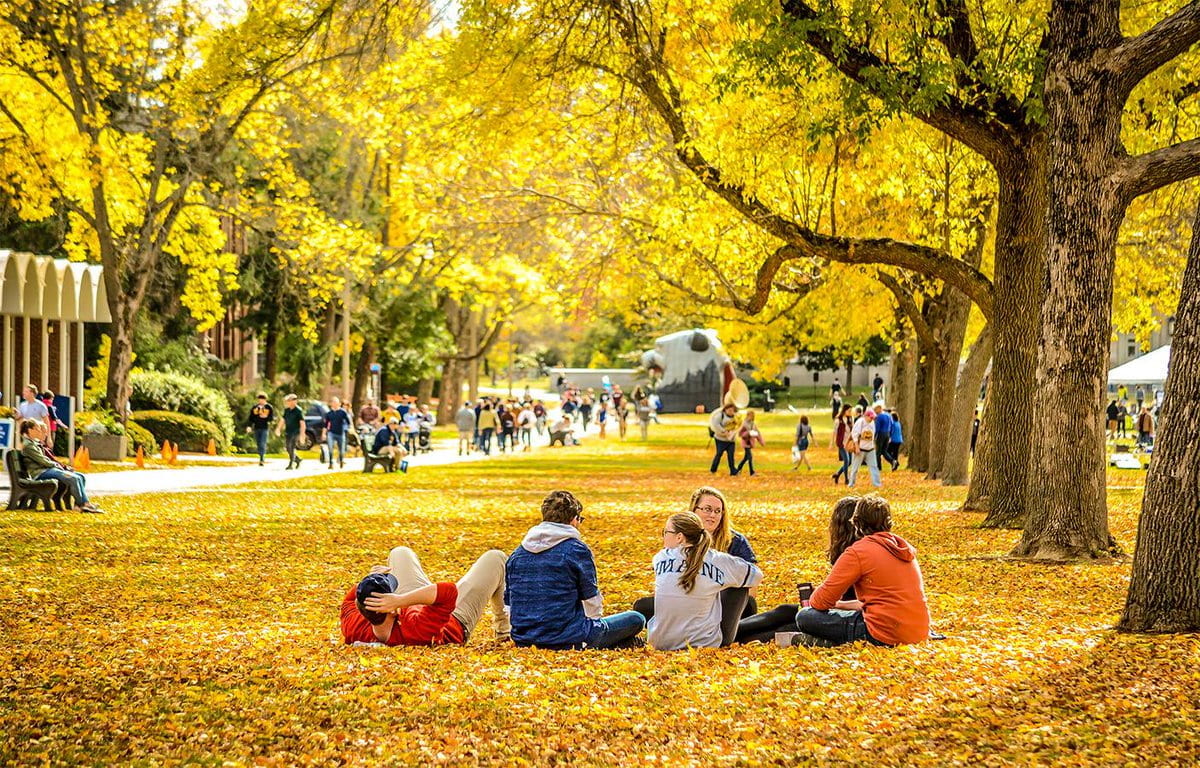Dr. Silvia Nittel, Spatial Informatics, School of Computing and Information Science, University of Maine
SIE558 Sensor Data Streams
Fall 2019
Silvia Nittel
Course Description
This course will be an introduction into the technology of data stream management, with a special interest in sensor data streams. This novel technology is partly driven by computing through sensors, smart phones, and other smart devices that are embedded in the environment. Similarly, many applications ranging from scientific, energy, weather, environment, and health services depend on such technologies. The relevant data is typically pushed into the computing infrastructure for further processing, and is termed ‘data streams’. Performing computations on such an infrastructure requires a novel paradigm of generic data management that can guarantee real-time access and processing of relevant data. With streams everywhere, Data Stream Engines (DSE) have emerged aiming to provide generic software technology similar to that of Database Management Systems for streaming data. We will study and use this novel technology targeting to meet the need of live monitoring applications, in which continuous queries operate in near real-time over data streams.
Topics covered:
- Introduction to data streams
- Managing and querying data streams with relational database systems
- Generating real-time sensor streams with Arduinos
- Stream query processing with Python
- Introduction to data stream engines
- Data model and query language concepts
- Stream query processing
- Spatio-temporal stream query processing
- Adaptive stream query processing techniques
Credits: 3
Prerequisite: Programming experience in Python, Java, C++, or C, or instructor’s permission. Note, that this course can be taken by CS undergraduates as elective.
Course Texts
Texts and material will be made available. There is no specific textbook for this class.
Reading material, powerpoint slides of lecture material and assignments will be available via Umaine/Blackboard.
Software:
For application programming we use the open source system Cloudera.
Course Goals and Objectives
- Introduce students to central concepts of data stream management concepts, applications, and programming
- Develop an understanding of data stream processing and optimization
- Learn in particular new advances in the subject areas of sensor and stream data management systems.
- Develop skills needed to critically analyze technical literature.
- Get practice designing a research or application project related to stream or sensor data management.
- Practice skills to communicate your ideas to an audience in a presentation or a scientific discussion.
Faculty Information
Dr. Silvia Nittel
Spatial Informatics,
School of Computing and Information Science
334 Boardman Hall
University of Maine
silvia.nittel@maine.edu
Office Hours:
Office hours for this course will be announced at the beginning of the semester. Alternatively, contact me by email to arrange a time to meet.
Grading, Class Policies and Course Expectations
As a graduate level course, you are expected to exhibit high quality work that demonstrates sound understanding of the concepts and their complexity. Earning an “A” represents oral and written work that is of exceptionally high quality and demonstrates superb understanding of the course material. A “B” grade represents oral and written work that is of good quality and demonstrates a sound understanding of course material. A “C” grade represents a minimally adequate completion of assignments and participation demonstrating a limited understanding of course material.
Grading criteria:
Assignments and class participation– 70%
Final Project – 30%
Academic honesty
Academic honesty is expected. Plagiarism is unacceptable in this course and will result in a failing grade.
Students with disabilities:
If you have a disability for which you may be requesting an accommodation, please contact Ann Smith, Coordinator of Services for Students with Disabilities (Onward Building, 581-2319), as early as possible in the term.
